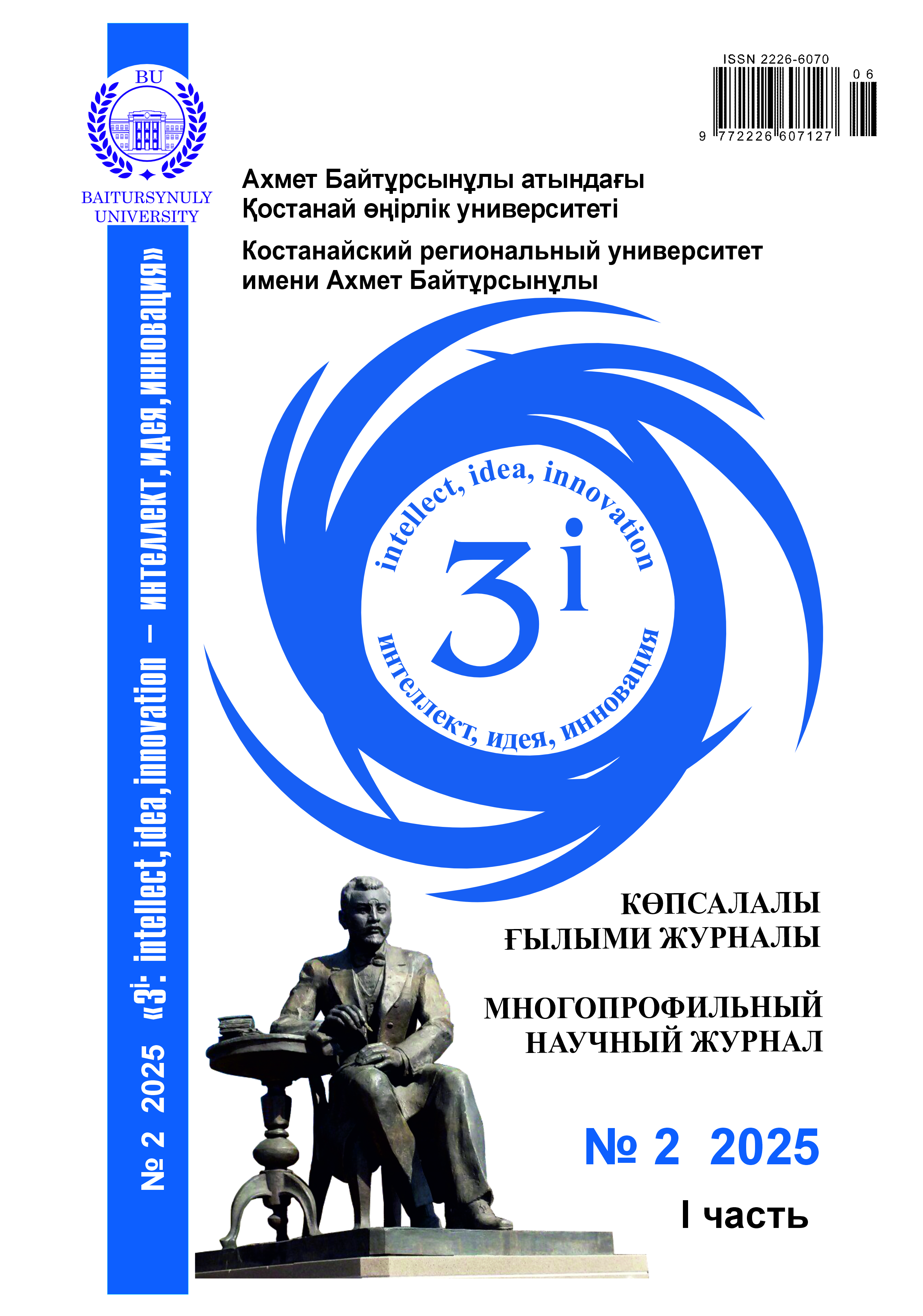ЖЫЛҚЫЛАРДАҒЫ ІШЕК ГЕЛЬМИНТОЗДАРЫН ЕМДЕУГЕ АРНАЛҒАН ВЕТЕРИНАРИЯЛЫҚ ПРЕПАРАТТЫҢ ТЕРАПЕВТИКАЛЫҚ ӘСЕРІН АНЫҚТАУ
DOI:
https://doi.org/10.52269/RWEP252161Кілт сөздер:
ивергель, терапевтік әсер, экстенсивті тиімділік, ішек гельминтоздары, жылқыларАңдатпа
Бұл зерттеудің мақсаты – «Ивергель» жаңа противопаразитарлық ветеринарлық дәрісінің асқазан-ішек нематодаларына қарсы терапевтік әсерін жоғары жұқпалы жағдайда бағалау. Экспериментте екі топ жануар қолданылды (әр топта 10 бастан): біріншісі – препарат енгізілген тәжірибелік топ, екіншісі – ем қабылдамаған бақылау тобы. Препарат ауыз арқылы бір реттік дозада енгізілді – 1 см³/20 кг дене салмағына, және 7 күннен кейін қайта енгізілді. Гельминтологиялық зерттеу 0, 7, 14 және 28 күндері жүргізілді, инвазияның экстенсивтілігі (ЭИ, %) және инвазияның интенсивтілігі (ІІ, нәжістегі жұмыртқалар саны – 1 граммға шаққанда) анықталды.
Зерттеу басында барлық жануарлар паразиттермен 100% зақымданған, ал ИИ орташа 200 жұмыртқа/г болған. Емдеуден кейін 7-ші күні тәжірибелік топта ЭИ 50%-ға, ИИ 87 жұмыртқа/г дейін төмендеді. Бақылау тобында бұл көрсеткіштер айтарлықтай өзгермеді (ЭИ — 98%, ИИ — 193 жұмыртқа/г). 14-ші күні тәжірибелік топта ЭИ — 10%, ИИ — 23 жұмыртқа/г болды, ал бақылау тобында өзгерістер мардымсыз (ЭИ — 97%, ИИ — 186 жұмыртқа/г). 28-ші күні ем қабылдаған жылқыларда ЭИ — 3%, ИИ — 7 жұмыртқа/г дейін төмендеді. Бақылау тобында бұл көрсеткіштер тиісінше 95% және 172 жұмыртқа/г болды.
Алынған нәтижелер «Ивергель» препаратының ішек гельминттеріне қарсы жоғары тиімділігін көрсетеді. Препаратты жылқылар арасында паразиттік аурулардың алдын алу және емдеу мақсатында ветеринариялық тәжірибеге енгізу орынды.




